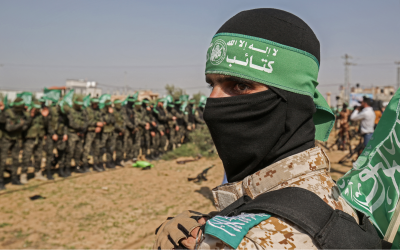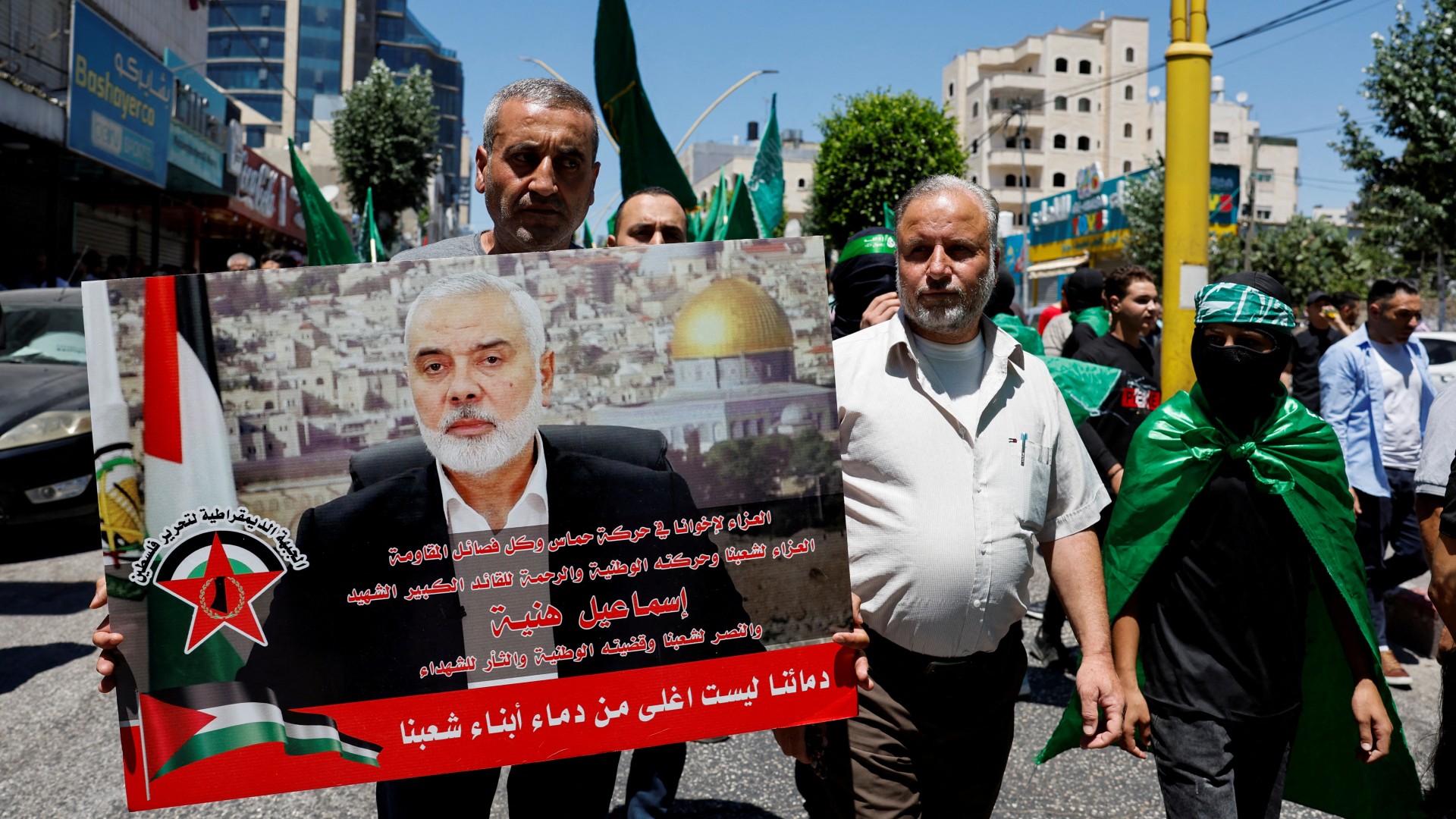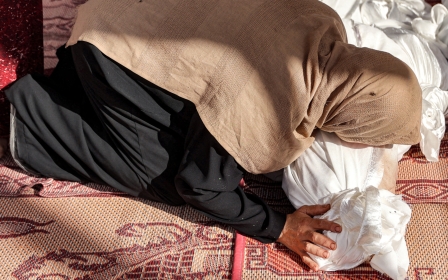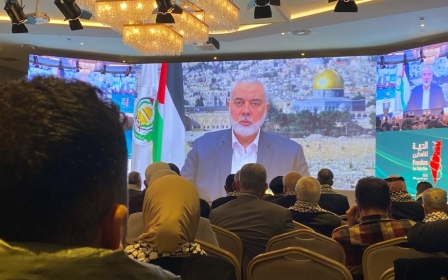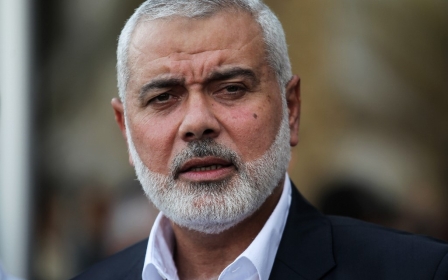Hamas leader Ismail Haniyeh assassinated in Iran
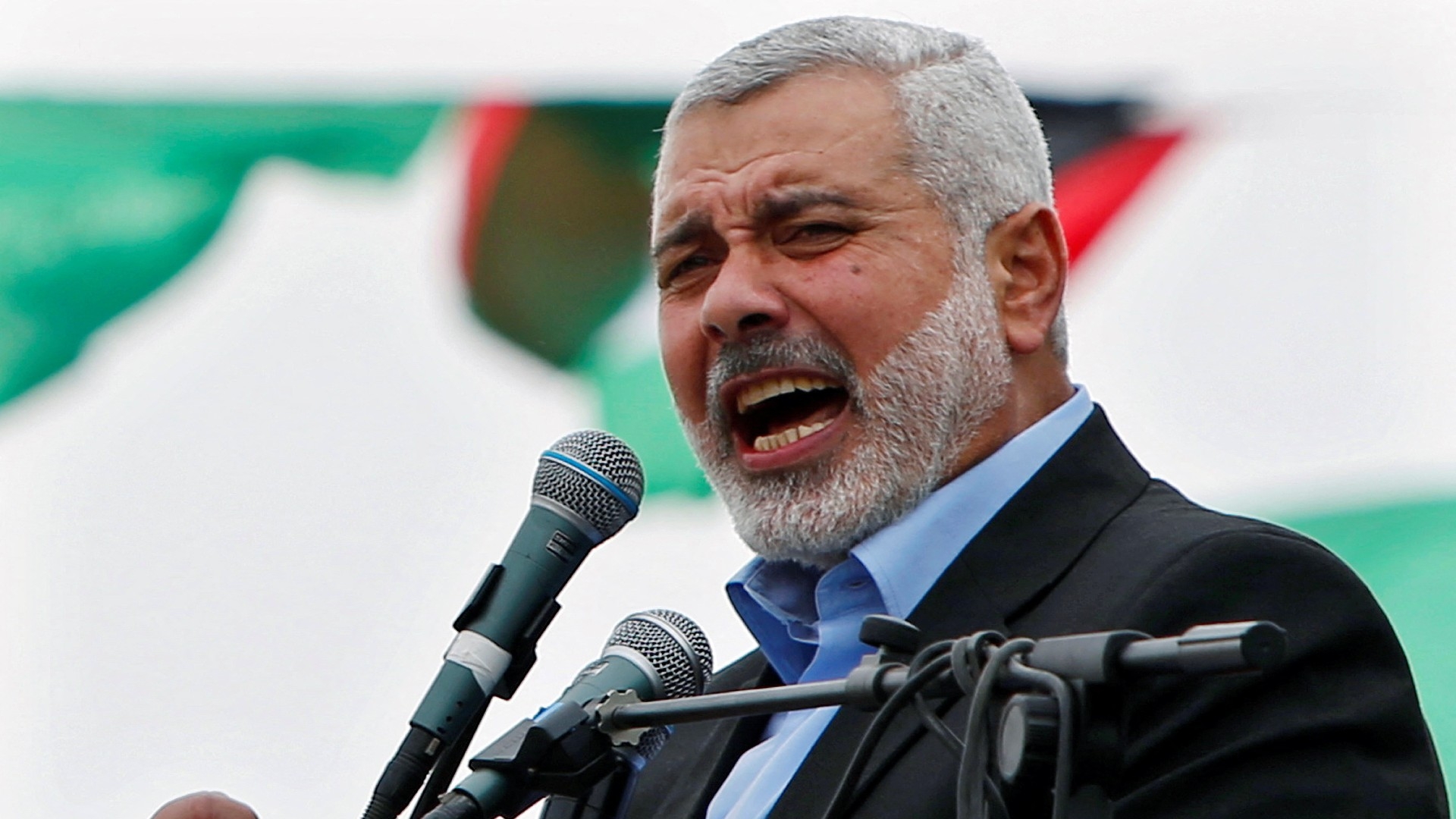
Hamas said its political leader, Ismail Haniyeh, was killed in an Israeli strike in Tehran on Wednesday, describing it as a "severe escalation" that several countries warned could risk further regional hostilities.
The Palestinian group said in a statement that Haniyeh, who had lived in Doha since 2019, was killed after a "treacherous Zionist" attack on his residence.
Iran's Islamic Revolutionary Guard Corps (IRGC) also confirmed Haniyeh's death, which occurred just hours after he attended the swearing-in ceremony for the country’s new president, Masoud Pezeshkian.
"Haniyeh’s martyrdom in Tehran will strengthen the deep and unbreakable bond between Tehran, Palestine and the resistance," said Iranian foreign ministry spokesman Nasser Kanaani.
A source close to officials in the Iranian presidency told Middle East Eye that Haniyeh was staying near Tehran's Saadabad palace, which is used by the president's office, when he was killed. The area was heavily guarded by the Republican Guard, the source added.
New MEE newsletter: Jerusalem Dispatch
Sign up to get the latest insights and analysis on Israel-Palestine, alongside Turkey Unpacked and other MEE newsletters
This killing was the second high-profile Israeli assassination within hours, following a strike in Beirut that reportedly killed senior Hezbollah commander Fuad Shukr, heightening fears that the region was sliding towards a full-blown war.
Israel did not immediately comment on Haniyeh's death. It typically neither confirms nor denies assassination attempts on foreign soil.
However, Israel's minister of heritage, Amichay Eliyahu, praised the assassination, claiming it "makes the world a little better".
"No mercy for these mortals," Eliyahu said in a post on X.
Israeli officials have previously said they would hold all Hamas leaders accountable for the group’s 7 October attack on southern Israel.
Senior Hamas official Musa Abu Marzouk condemned the killing as a "cowardly act", adding: "Hamas is an institution and an ideology that will not be affected by the assassination of any of its leaders."
Mahmoud Abbas, the president of the Palestinian Authority (PA), also condemned the assassination, calling it "cowardly and dangerous".
US Secretary of State Antony Blinken said Washington had no prior knowledge of the assassination. Following the Israeli strike on Beirut on Wednesday, the United States said it was sending a warship to the eastern Mediterranean to help contain the conflict.
Eran Etzion, former deputy head of Israel’s national security council, told MEE he did not believe the US was blindsided by Haniyeh's killing, noting that US forces also attacked a base belonging to Iran-backed Iraqi paramilitaries on Tuesday night.
"No one believes they didn’t know Israel was going to assassinate Haniyeh," Etzion said.
As Hamas political leader, Haniyeh played a role in the indirect negotations with Israel to reach a ceasefire in Gaza and release the Israeli captives held there. His killing, Etzion said, "serves a strategy of killing the ceasefire deal".
"If Israel took advantage of the momentum that the assassination provides, saying it had enough achievements to sign and close the deal, the killing could be used to conclude the war," he said.
Yet, Etzion noted, Prime Minister Benjamin Netanyahu's political future depends on continuing the war, so it is not in his interest to strike a deal.
"It is quite clear that Israel has engineered a junction with this killing, which it probably planned in advance. One path leads to using this achievement and striking a deal, the other path leads to a widescale war and abandoning the hostages in Gaza," he said.
"Israel’s interest is to take the first path, Netanyahu’s is the second."
'Deferred shock' in Gaza
Many people across Gaza received the news with shock, especially since Haniyeh was originally from the al-Shati refugee camp in western Gaza, which has witnessed many acts of violence against Palestinians over the years and during the ongoing war.
"I have never been a supporter of Hamas, and I have many criticisms of them. However, the assassination of Haniyeh saddened and deeply disturbed me," Kamal Jendiya, 31, from Gaza City, told Middle East Eye.
"In the end, he is a Palestinian and a Muslim with a significant history, and he is a leader for a large segment of my people. Whether I agree or disagree with Hamas, I will always disagree with the killing of my people, no matter who they are."
Others said that the assassination is no different from the nearly 40,000 Palestinians Israel has killed in Gaza since 7 October.
'The assassination of Haniyeh saddened and deeply disturbed me'
- Kamal Jendiya, Gaza resident
"Israel has been killing us for about 300 days, so what’s new about this? Killing another person in another country results in the same outcome," said Nermine Basel, 29, who is displaced in Deir al-Balah in the central Gaza Strip.
"It [Israel] is killing and stripping Palestinians of any right to life simply for choosing not to submit to the occupation."
According to MEE's correspondent in Gaza, many Palestinians are worried Haniyeh's death will delay or completely halt the negotiations for a ceasefire, especially since the late leader played an important role in the talks.
Some simply did not find time to discuss the assassination, as they were preoccupied with the dire conditions of displacement and attempts to survive, including searching for food, fetching water and burning wood for cooking.
"There is a state of deferred shock across the strip," said MEE's correspondent in Gaza.
Pressure on Iran
Haniyeh has been one of the main interlocutors for mediators trying to negotiate a ceasefire in Gaza since the war started on 7 October.
He has also led several Hamas delegations in regional visits to resolve the conflict, including trips to Iran and Turkey.
In May, the prosecutor of the International Criminal Court (ICC) said he was seeking an arrest warrant for Haniyeh over alleged war crimes by Hamas during the war.
Hamas said the ICC allegations were “full of fallacies, errors and bias in favour of the occupying [Israeli] state”.
His killing could be seen as an embarrassment for Tehran and risks prompting Iran to retaliate against Israel.
According to the New York Times, Iran's Supreme National Security Council (SNSC) is holding an emergency meeting at the residence of the country's supreme leader, a rare event reserved for extraordinary circumstances.
Iranian sources reported that the commander of the elite Quds Force, who oversees the network of groups aligned with Iran, would also attend the meeting.
Since the start of Israel's war on Gaza, more than 60 members of Haniyeh's family have been killed in Israeli strikes, including his sister, three of his sons and three grandchildren.
In April, Haniyeh said: "Through the blood of the martyrs and the pain of the injured, we create hope, we create the future, we create independence and freedom for our people and our nation."
'Political murder'
Within hours of the assassination, several world leaders responded angrily to the escalation, with the Turkish foreign ministry condemning the "heinous" attack.
The ministry said that Haniyeh's killing "once again shows that Israel’s Netanyahu government has no intention of achieving peace" and warned that the "region will face much larger conflicts if the international community does not intervene to stop Israel".
Deputy Russian Foreign Minister Mikhail Bogdanov called the killing "an absolutely unacceptable political murder", adding that it would "lead to further escalation of tensions".
Last week, the Russian foreign minister, Sergey Lavrov, criticised Israel's war objective of destroying Hamas in Gaza as an unattainable precondition for a ceasefire.
"In my opinion, and many of my colleagues share this view, it is unrealistic to eradicate an organisation that exists, has sufficient capabilities and substantial support, including from the Muslim world," Lavrov stated.
He also expressed support for the Palestinian cause and pledged to "continue to help restore Palestinian unity".
Middle East Eye delivers independent and unrivalled coverage and analysis of the Middle East, North Africa and beyond. To learn more about republishing this content and the associated fees, please fill out this form. More about MEE can be found here.


